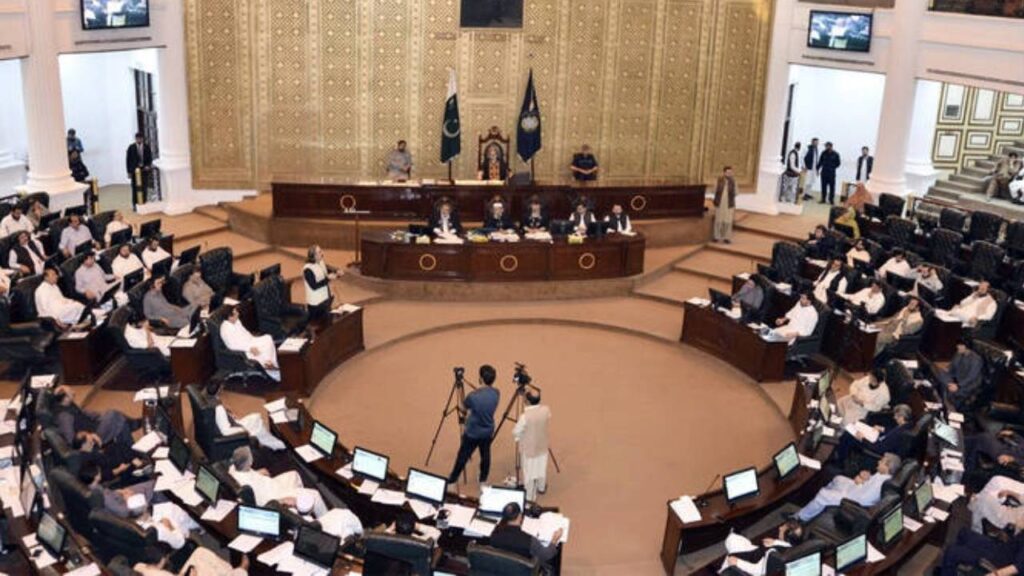By Riaz Hussain
After nearly 15 years, Pakistan is preparing to review the revenue-sharing framework through the 11th National Finance Commission (NFC). The first meeting of this process is scheduled for August 29, 2025.
Currently, 57.5% of the divisible pool of taxes is allocated to the provinces, while the remaining 42.5% stays with the federal government. However, demands for a new formula from smaller provinces are raising both hopes and concerns.
Why Do Provinces Want a New Formula?
Khyber Pakhtunkhwa (KP) has been the most vocal. The province’s Finance Minister, Muzammil Aslam, has openly criticized the current formula, which allocates 82% weight to population and only 10.6% to backwardness. Speaking at a recent FPCCI meeting in Peshawar, he said, “Population and backwardness should be balanced. Khyber Pakhtunkhwa will demand new criteria like natural resources and forestry.”
This proposal aligns with the views of Federal Planning Minister Ahsan Iqbal, who also wants to reduce the dominance of population as a factor. However, no major political party has yet officially endorsed this stance.
Economists see the new award as an opportunity for greater financial autonomy for provinces, enabling investments in health, education, and infrastructure projects. Regions like Khyber Pakhtunkhwa and Balochistan, often considered neglected, could benefit the most.
Economic expert Professor Dr. Ziauddin told Khabarkada that the restructuring of the NFC is positive but reforms must align with ground realities.
“Smaller provinces face issues like poverty, unemployment, and lack of industry. The award should focus on reducing poverty, creating jobs, and addressing terrorism, especially in Khyber Pakhtunkhwa,” he said.
Federal Government’s Concerns
Experts warn that increasing the provinces’ share could further strain the federal government’s financial flexibility. The federal government is already burdened with debt repayments, defense expenditures, and subsidies. If tax collection does not improve, Pakistan’s fiscal deficit could widen further.
Journalist Fida Hussain offers another perspective, that the matter is of provincial responsibility.
“After the 18th Amendment, most institutions have come under provincial control, except defense and security. It is now the provinces’ responsibility to articulate their rightful demands in the NFC. However, we must remember that financial needs increase every five years, and the federal government still has significant obligations,” he said
Major Challenges Ahead
The NFC process has never been easy, and this time is no different. Key challenges include:
- Low Tax Base: Pakistan’s tax-to-GDP ratio is only 9–10%.
- Horizontal Disparities: Sindh demands greater weight for revenue generation, while Khyber Pakhtunkhwa and Balochistan seek increases based on poverty and security costs.
- IMF Oversight: Without new revenue sources, an increasing federal deficit could lead to stricter IMF conditions.
- Political Bargaining: As in the past, NFC negotiations could drag on for years, with a high risk of failure to reach consensus.
The Big Question
Will population remain the dominant factor in revenue distribution, or will poverty, natural resources, and environmental sustainability gain prominence? The outcome of the 11th NFC Award could either strengthen Pakistan’s fiscal federal system or create new political and economic fault lines.









